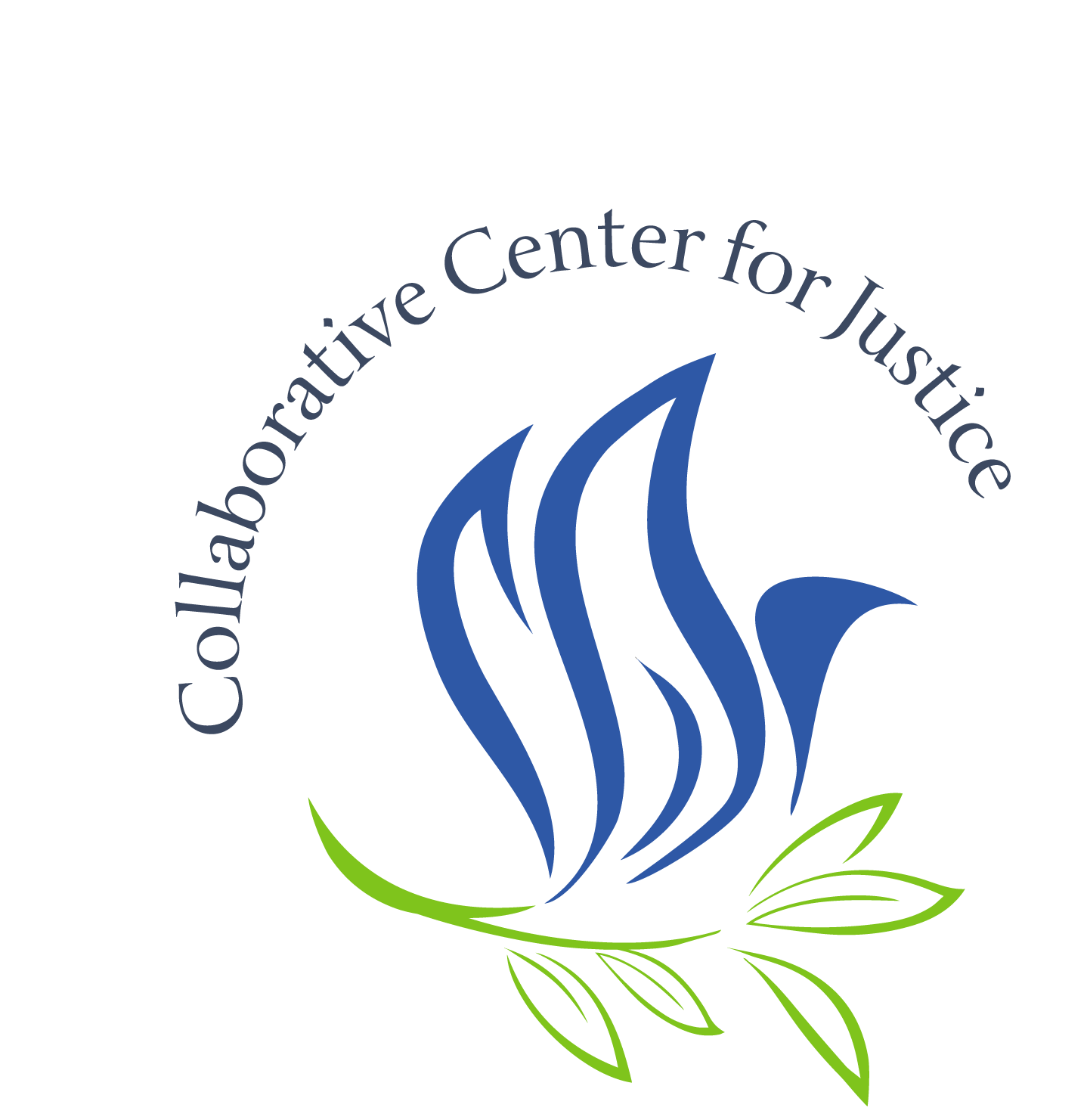
This op-ed was originally published here in the Hartford Courant, on June 12, 2020.
***
Faith communities have long said that budgets are moral documents. Both the fiscal crisis caused by COVID-19 and the now international protests against police brutality inspire us to reaffirm this claim. Police agencies in the United States have too much power, they spend too much money, and they are saddled with too many tasks, not all of which are best handled by police officers.
Police violence will not be curbed by surface-level reforms. If people of faith agree that the criminal legal system produces unjust outcomes for black people, then we must advocate for changes that strip it of the power and resources to produce those outcomes. Here are three ways we can reclaim our tax dollars and our communities from abusive policing.
We must begin with significant cuts in spending on the criminal legal system as a whole and redistribute those funds to programs that meet the needs of the most vulnerable. In 2012, the United States spent $265 billion — or $845 per person — on policing, prosecution and incarceration. We choose to over-invest in the institutions that marginalize some and to under-invest in those that promote health and well-being.
Here in Connecticut, there are more people in prison than there are hospital beds. It costs an estimated $62,000 per year to imprison a person, while the median salary for a licensed practicing nurse is $57,000. The ongoing fears of COVID-19 overwhelming our healthcare capacity demonstrate the folly of this use of public funds.
In Hartford, the City Council will vote on a recommended 2021 budget that allocates $45.9 million to policing and $5 million to health and human services. A city budget in which 8% is designated for police, but less than 1% is dedicated to health and human services, or families, children youth and recreation, sends a message that many of the programs that increase resident well-being are not a priority.
Second, military hardware should never be wielded against civilians. The tools they use to do their jobs help to create a culture. Police forces outfitted as if they were soldiers on a battlefield act that way. Since the late 1970s, Special Weapons and Tactics units (SWAT) have increased 15,000%.
Third, rather than spending money to place police officers in schools, which data show produces worse outcomes for black students than for white students, municipalities should increase funding to provide supportive services for children and their families. Children of color and disabled children of all races are over-policed because issues that would otherwise be resolved by parents, educators and counselors get referred to the police.
Schools with police officers reported 3.5 times as many arrests of children than schools without them. In Connecticut, black school girls are six times more likely to be arrested than their white counterparts, according to the U.S. Department of Education. This does not promote human development, but it does increase the likelihood of dropping out and legal trouble in the future.
Connecticut school districts should follow Minneapolis’ June 2, 2020 decision to end its contract with the police. They should also take immediate steps to increase the school-based mental health supports for students by hiring additional school social workers and other mental health clinicians.
Such supports are shown not only to address the needs of students,but also to play an important role in increasing overall school safety. Connecticut is one of 47 states not meeting the ratio of at least one counselor and one social worker for every 250 students, as experts recommend. For the sake of our children, that needs to change.
As a Catholic organization, we join our voice to calls for racial justice. Our belief that every person is made in the image of God leads us to defend the dignity and humanity of our black brothers and sisters. It is this tradition that calls us to love all, but to prioritize the poor and the vulnerable. In this case, it is in everyone’s best interest to reject the wasteful, violent priorities set for us by the era of mass incarceration.
Dwayne David Paul and Rachel Lea Scott are the director and associate director of the Collaborative Center for Justice, a Hartford-based social justice organization sponsored by six Congregations of Women Religious.



